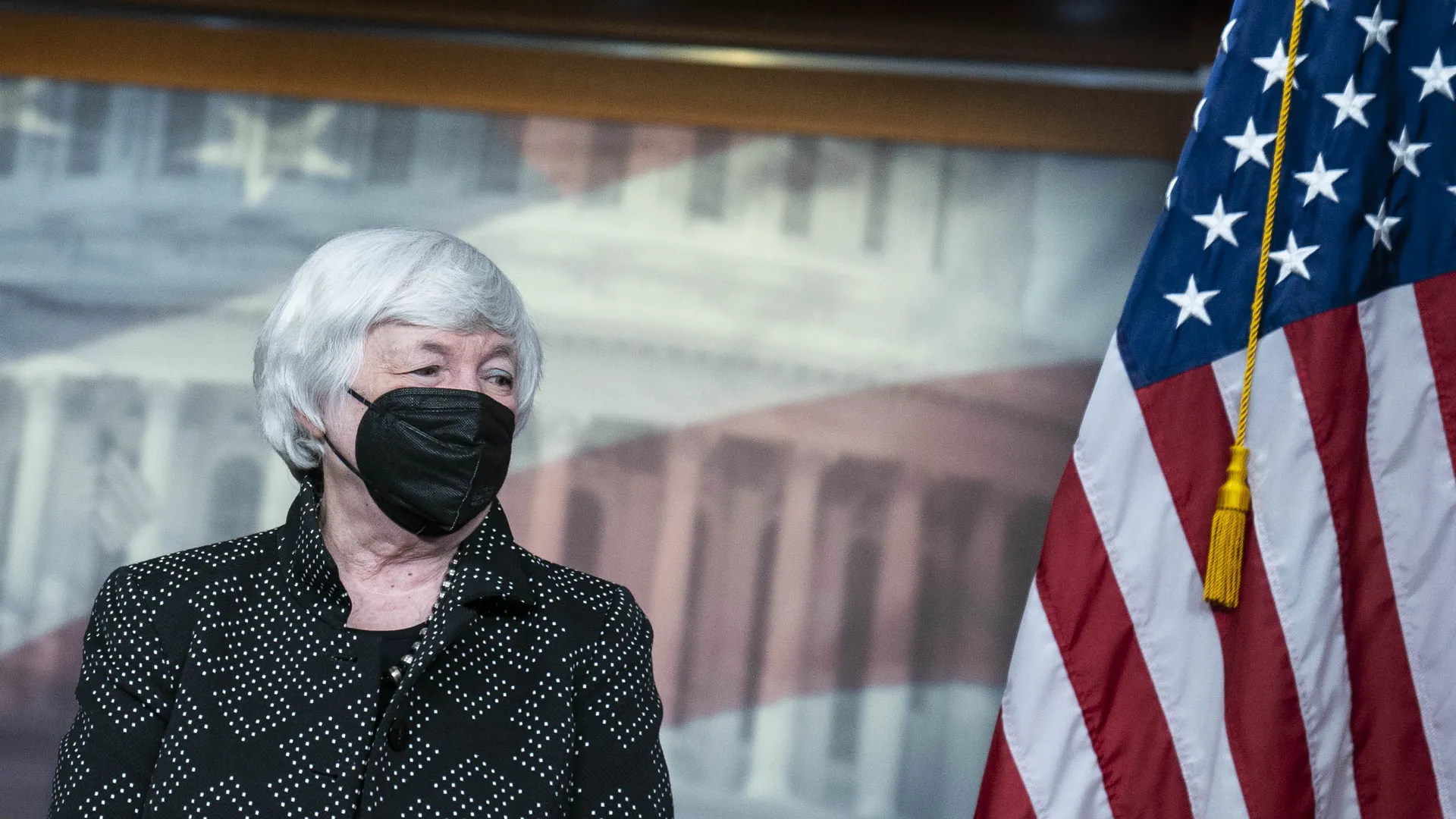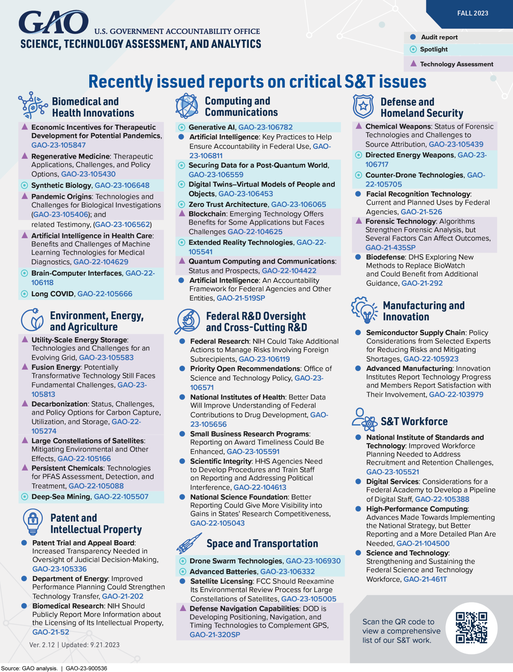A new investigation reveals a troubling trend: major corporations are systematically avoiding billions in taxes while simultaneously benefiting from government subsidies. This stark reality highlights the growing chasm between corporate interests and the financial burdens faced by working families. As reported by the Government Accountability Office, a significant number of large corporations paid no federal income tax in recent years. This exploitation of loopholes must be addressed with urgency.
Major Corporations Evade Taxes
Recent findings indicate that numerous corporations have devised intricate schemes to shift profits offshore, effectively evading their tax responsibilities. According to the GAO’s report on corporate income tax, many of these entities had an average effective tax rate of near zero. This raises critical questions about the fairness of our tax system and its impact on the American populace.
Working Families Bear the Burden
While corporations dodge taxes, working families are left to shoulder the financial load. The weight of this burden is felt most acutely by low- and middle-income earners who see their hard-earned wages diminished by insufficient public services. The very subsidies that are meant to support economic growth are instead being funneled into the pockets of the wealthy elite, exacerbating income inequality.
\n\n
Congress must raise debt limit by Oct. 18, Janet Yellen warns
Progressive Lawmakers Call for Reform
In light of these revelations, progressive lawmakers are stepping up to demand immediate reform. They argue that it is time to hold corporations accountable for their tax obligations. This is not merely a call for fairness but a necessary step to ensure that all Americans contribute to the society they benefit from. As articulated by a coalition of progressive leaders, reforming tax laws to close loopholes and enforce corporate responsibility is essential for promoting economic equity.
Implications for Social Justice
The implications of corporate tax evasion extend far beyond the financial realm. When corporations are allowed to escape their fair share, public services suffer, especially those that serve marginalized communities. The lack of investment in education, healthcare, and infrastructure directly affects the quality of life for vulnerable populations. Addressing tax justice is thus inextricably linked to broader social justice movements seeking equity for all.
\n\n
GAOEvolving and Innovating to Meet Congressional Needs
Action Steps for Change
To effect meaningful change, grassroots movements must mobilize to support progressive legislation aimed at corporate tax reform. Citizens can engage with their representatives, urging them to prioritize legislation that enforces corporate accountability. Additionally, fostering public awareness through education and advocacy campaigns will be crucial in highlighting the need for reform. As reported in various scholarly articles, such as those discussing the redistributive nature of tax policies, the conversation around taxation must include discussions on distributional equity.
Corporations must be made to understand that their obligations extend beyond profit margins. They are part of a community, and their contributions are vital for the prosperity of that community. The fight against tax evasion is not just a fiscal issue, but a moral one that speaks to our shared values of fairness and responsibility.







![[Video] Gunfire between Iraqi security forces and Sadr militias in Baghdad](/_next/image?url=%2Fapi%2Fimage%2Fthumbnails%2Fthumbnail-1768343508874-4redb-thumbnail.jpg&w=3840&q=75)
